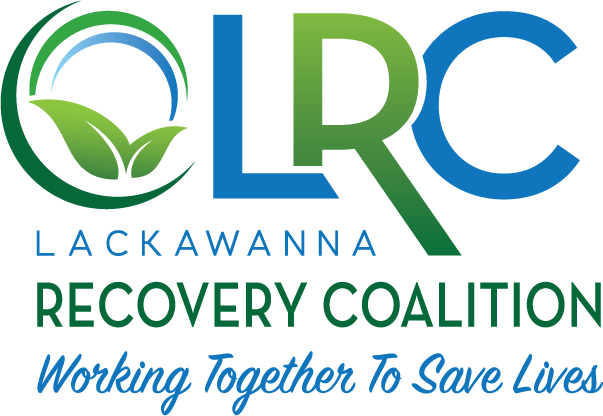In response to the growing number opioid poisoning deaths in Pennsylvania, the Pennsylvania Opioid Overdose Reduction Technical Assistance Center (TAC) was developed by the University of Pittsburgh, School of Pharmacy, Program Evaluation and Research Unit (PERU), and funded by the Pennsylvania Commission on Crime and Delinquency (PCCD) to address the need for local coordination and mediation of the growing and critical number of overdose deaths. TAC was created as the first-ever resource and hub for all counties within the Commonwealth that are participating in this initiative with their own local concerns.
Additional support is provided by the Commonwealth Departments of Social Services and Drug and Alcohol Programs, and partnerships with numerous professional associations, such as the Pennsylvania Medical Society, Pennsylvania District Attorneys Association, and Hospital and Healthsystem Association of Pennsylvania.
TAC began working with the Lackawanna Recovery Coalition in February 2017 and has assisted the LRC in its mission to reduce the number of opioid overdose deaths in Lackawanna County by assembling members of all stakeholder groups to work together to address the multifaceted opioid epidemic. The TAC provides logistical and organizational assistance, and data-driven strategies to help the Coalition achieve its goals.
Health-care organizations that support the TAC, such as Pennsylvania’s medical, dental and pharmacy associations, are actively advocating and even requiring continuing education to help members learn and implement best practices regarding prescription opioid medications and the treatment of opioid use disorder. These highly respected professional organizations are aggressively requiring their own members to understand their role in prevention. The LRC, with assistance from TAC, is providing some of these educational programs in Lackawanna County.
Additional support from private foundations is also helping county coalitions across the Commonwealth get access to resources and networks to help them address the opioid crisis. A list of these organizations and foundations can be found on the TAC website. The site also contains a wealth of resources, and county and state statistics.
